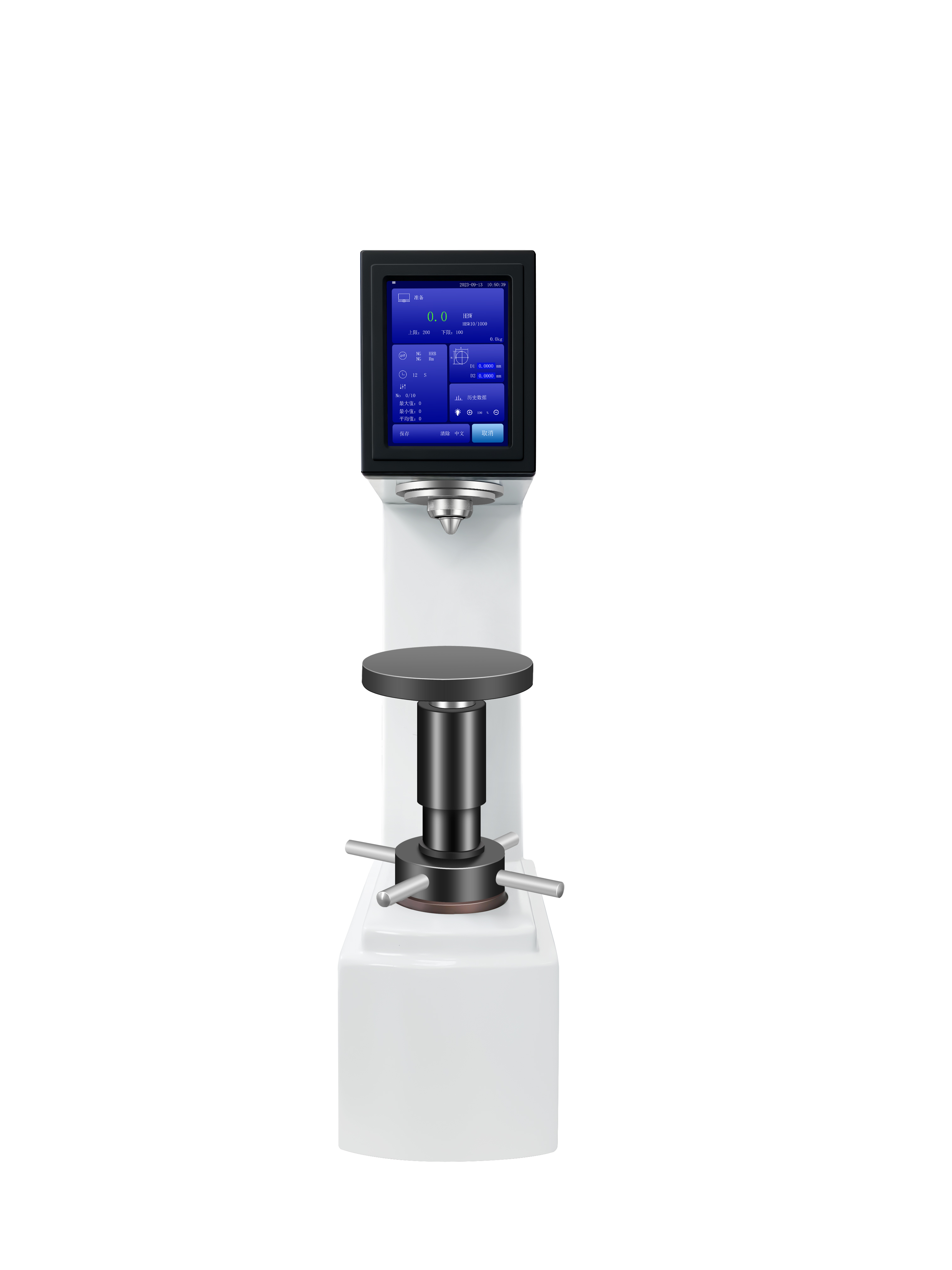The HB - 3000C Electronic Brinell Hardness Tester stands out in the field of hardness testing with its advanced technologies, offering precise and reliable results across various global scenarios. This article delves into its features, applications, and real - world case studies to demonstrate its effectiveness.
The HB - 3000C is equipped with an electronic automatic loading system, which provides stable and accurate test forces. With ten different test force settings, it can adapt to a wide range of materials and test requirements. Moreover, it strictly adheres to international standards, ensuring the consistency and comparability of test results.
For example, in a large - scale steel manufacturing plant, the traditional hardness testing methods often had an error rate of about 5%. After adopting the HB - 3000C, the error rate was reduced to less than 1%, significantly improving the quality control of steel products.
In factories around the world, the HB - 3000C plays a crucial role in quality control. In the automotive manufacturing industry, for instance, engine components need to meet strict hardness requirements. A well - known automotive company used the HB - 3000C to test the hardness of engine pistons. By accurately measuring the hardness, they were able to detect sub - standard parts early, reducing the defect rate from 3% to 0.5%, which saved a large amount of production costs.
In workshops, the need for rapid and accurate hardness testing is high. The HB - 3000C's fast testing speed and user - friendly operation make it an ideal choice. A metal processing workshop in Europe reported that the testing time for each sample was reduced from 10 minutes to 3 minutes after using the HB - 3000C, greatly improving the production efficiency.
In scientific research institutions, the HB - 3000C provides reliable data for in - depth material research. A university research team was studying a new type of alloy material. The precise test results obtained from the HB - 3000C helped them understand the relationship between the alloy's composition, heat treatment process, and hardness more clearly, promoting the development of new materials.
In educational institutions, the HB - 3000C is also widely used for teaching practical operations. Its simple operation and accurate results allow students to quickly master the principle and method of hardness testing. Many engineering students have provided positive feedback, stating that using the HB - 3000C in the laboratory has enhanced their understanding of material properties.
Users from different industries have given high praise to the HB - 3000C. A quality control engineer from a machinery manufacturing company said, "The HB - 3000C has greatly improved the accuracy and efficiency of our hardness testing. It is easy to operate, and the test results are very reliable." Another researcher from a materials research institute mentioned, "This hardness tester has become an indispensable tool in our research work, providing us with accurate data for in - depth analysis."
In summary, the HB - 3000C Electronic Brinell Hardness Tester offers numerous advantages, including advanced technology, wide applicability, high precision, and efficiency. Whether in factories, workshops, research institutions, or educational settings, it can provide reliable hardness testing solutions. If you are interested in learning more about the HB - 3000C or would like to apply for a trial, please contact our sales team. We are committed to providing you with the best product and service.
